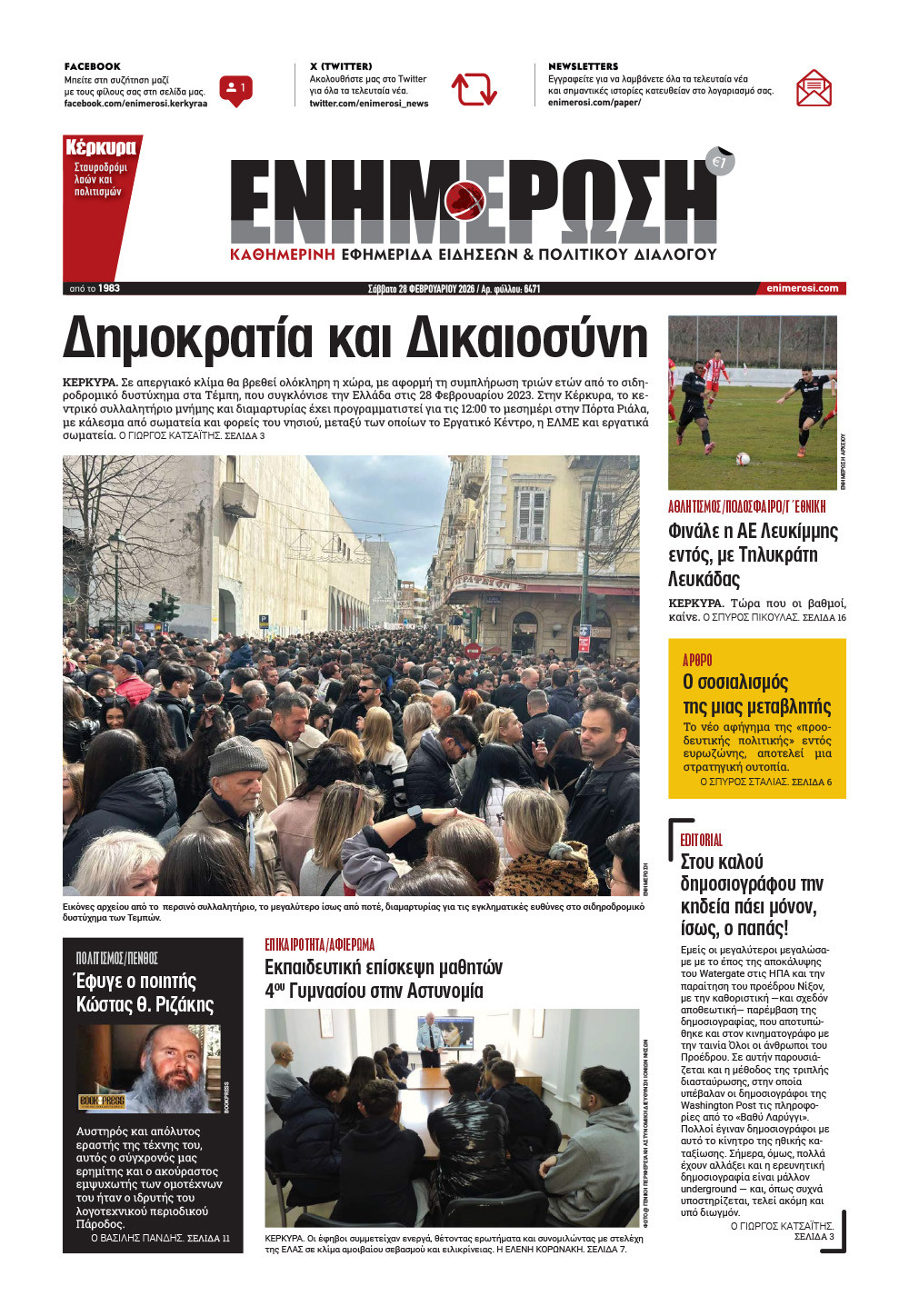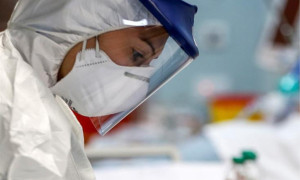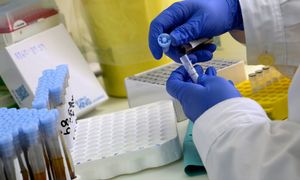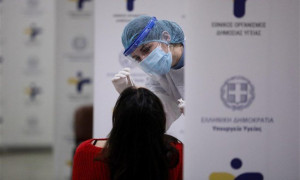New York Times:"Greece Has ‘Defied the Odds’ in the Pandemic"
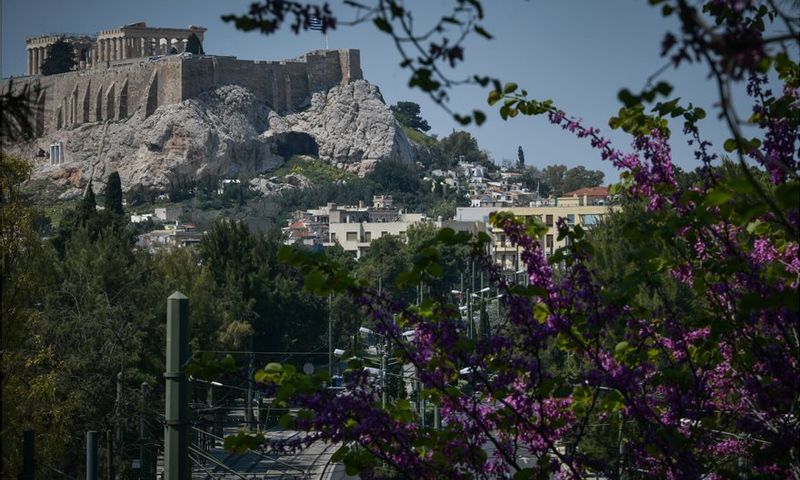
NEW YORK. "Now, a country that has grown used to being seen as a problem child in the European Union is celebrating its government’s response and looking forward to reopening its economy," says the article in the New York Times.
"For years, Greece has been seen as one of the European Union’s most troubled members, weighed down by a financial crisis, corruption and political instability. But in the coronavirus pandemic, the country has emerged as a welcome surprise: its outbreak appears to be far more limited than what was expected," says the article in the New York Times.
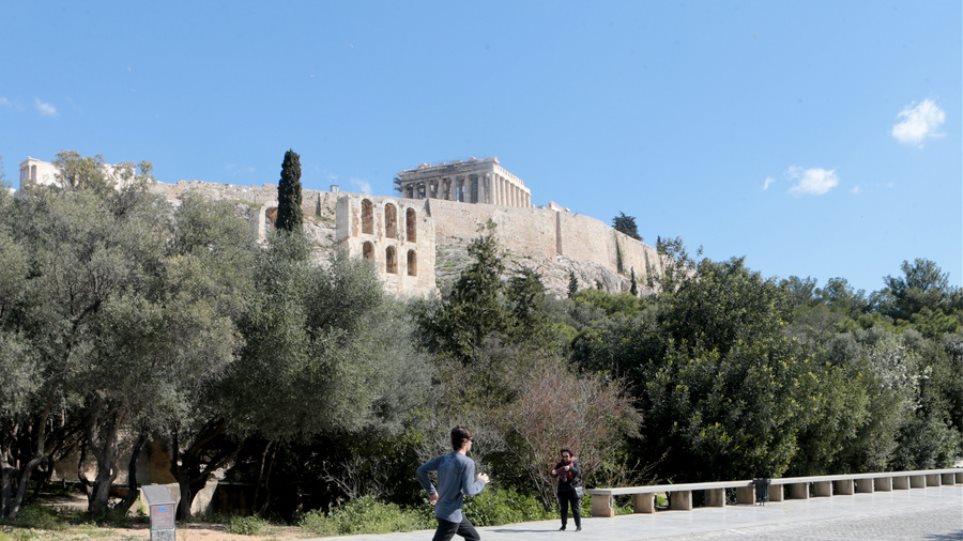
The article says that as the virus spread across Europe, many Greeks feared the worst: They would be the next Italy or Spain.
After all, the country’s health care system had been weakened by a decade-long financial crisis. And Greece has one of the oldest populations in the European Union, second only to Italy, leaving it more vulnerable to the disease.
But the number of reported deaths and people in intensive care because of the virus in Greece has remained a tiny fraction of what they are in many other European nations.
"Now, a country that has grown used to being seen as a problem child in the European Union is celebrating its government’s response and looking forward to reopening its economy," says the article.
“Greece has defied the odds,” said Kevin Featherstone, director of the Hellenic Observatory at the London School of Economics.
"Because Greece has tested a very small percentage of its population, it is impossible to know how extensively the virus has spread in the country. But its total deaths have been low — 138 in a population of about 10.7 million — a surprise to experts, especially given the elderly population. And a big relief," says the writer, adding that yesterday, just over a month after the government imposed a lockdown, the prime minister announced a time frame for gradually easing restrictions and getting the country back on its feet.
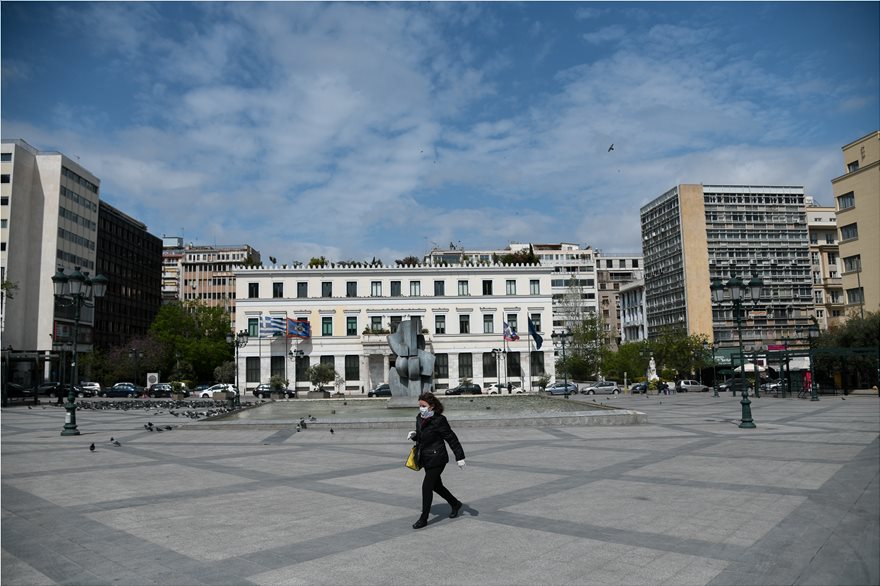
"Only 69,833 people have been tested for the virus in Greece, but experts agree that the country’s decision to quickly enforce social distancing measures and fortify its ailing health care system helped curb the outbreak." The article adds that so did a willingness from most Greeks to comply with the orders.
The newspaper lists some of the measures that the Greek government took early such as that on Feb. 27, a day after the country’s first Covid-19 case was diagnosed in Thessaloniki, Greece’s second- largest city, the government canceled the annual Carnival. On March 11, it closed down schools. "Two days later, Greece limited non-essential travel and closed down cafes, restaurants, libraries and museums, among other places. Soon, anyone who came from abroad had to go through a two-week mandatory quarantine or risk a fine of about $5,400. Everyone in the country was required to notify the government each time they left their homes, even if it was to walk the dog."
“We acted pre-emptively. We consciously preferred to make a significant financial sacrifice rather than sacrifice human life,” said Giorgos Gerapetritis, the Greek minister of state.
The New York Times article compares the coronavirus statistics in Greece with Belgium, which has a similar population size but has has had 7,331 deaths. It also reports that Greece worked to quickly increase its intensive care beds by more than 70 percent and recruiting thousands of additional hospital staff members.
“The mobilization was very fast,” said Anastasia Kotanidou, associate professor at the Critical Care Department of the University of Athens and the president of the Greek Intensive Care Society. Without it, she said, the health care system would not have been able to handle the outbreak.
The writer says that across the country, many Greeks were quick to accept the new normal, even foregoing things like gathering in groups to roast lamb on Orthodox Easter - something that might have been unthinkable just months ago, she adds.
There couldn't, naturally, be an article about the response to the pandemic in Greece without reference to Sotiris Tsiodras - "a soft-spoken infectious disease specialist" and Nikos Hardalias, the deputy minister for civil protection - whom a recent poll found to be the two most popular people in the country. "The doctor and the politician host daily virus briefings in Greece, and it has become must-watch television," says the article.
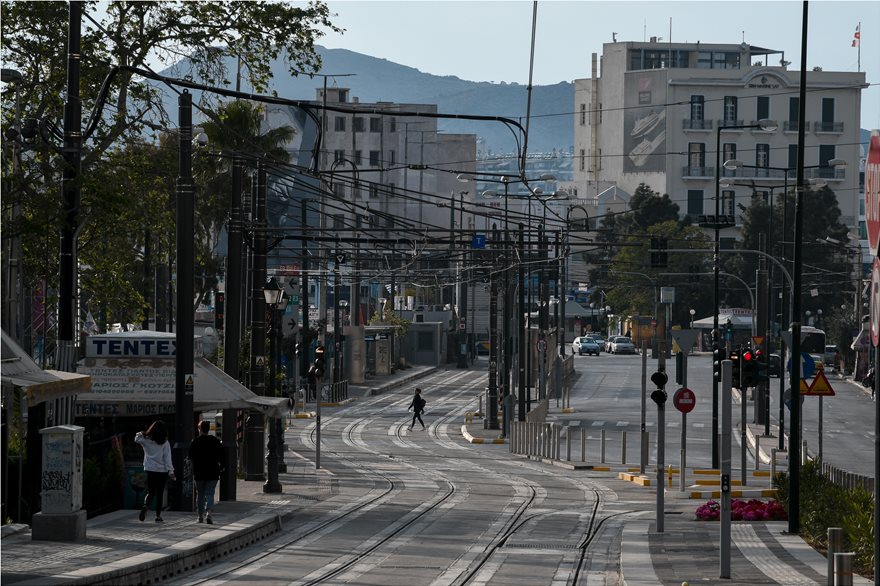
Mr. Featherstone said that the government had “followed the science” by making Dr. Tsiodras the lead on policy, and that giving Mr. Hardalias the power to oversee the country’s response to the outbreak helped ensure things ran smoothly.
“Neither of these actions are typical of Greek governments when faced with challenges,” he said. They seemed to reflect the business background of Prime Minister Kiriakos Mitsotakis, a former financial analyst, he added.
The article contains comments from Greeks who feel proud that their country is a 'success story' in the EU. Pavlos Eleftheriadis, a retired stage director at the national theatre in Northern Greece, said he was pleasantly surprised by the government’s response to the outbreak.
“I felt pride that there is a state,” said Mr. Eleftheriadis, “There are politicians who listen to the scientists.”
Kostas Thimioudis, a 50-year-old taxi driver in Thessaloniki, said he was no fan of the Greek government but approved of its actions. “The government took measures earlier than the rest of Europe,” he said.
“Some Europeans did not hold us in high esteem,” said Kostas Hatzopoulos, 54, an agronomist who is also in Thessaloniki. “We’ve proved them wrong.”
The New York Times writer adds, however, that for all the government’s successes so far, it has faced some criticism. For example, the fact that less than 1 percent of the population has been tested for the virus in Greece.
There have also been multiple coronavirus outbreaks in the country’s cramped and unsanitary refugee camps says the writer and cites the example of what happened in Kranidi.
"And some have raised concerns about reports of abusive behaviour by police officers enforcing the country’s lockdown rules, including the use of excessive force," she adds.
In conclusion, the article talks about the impact the pandemic is expected to have on tourism and the importance of how the government handles this.
Source: Protothema.gr



